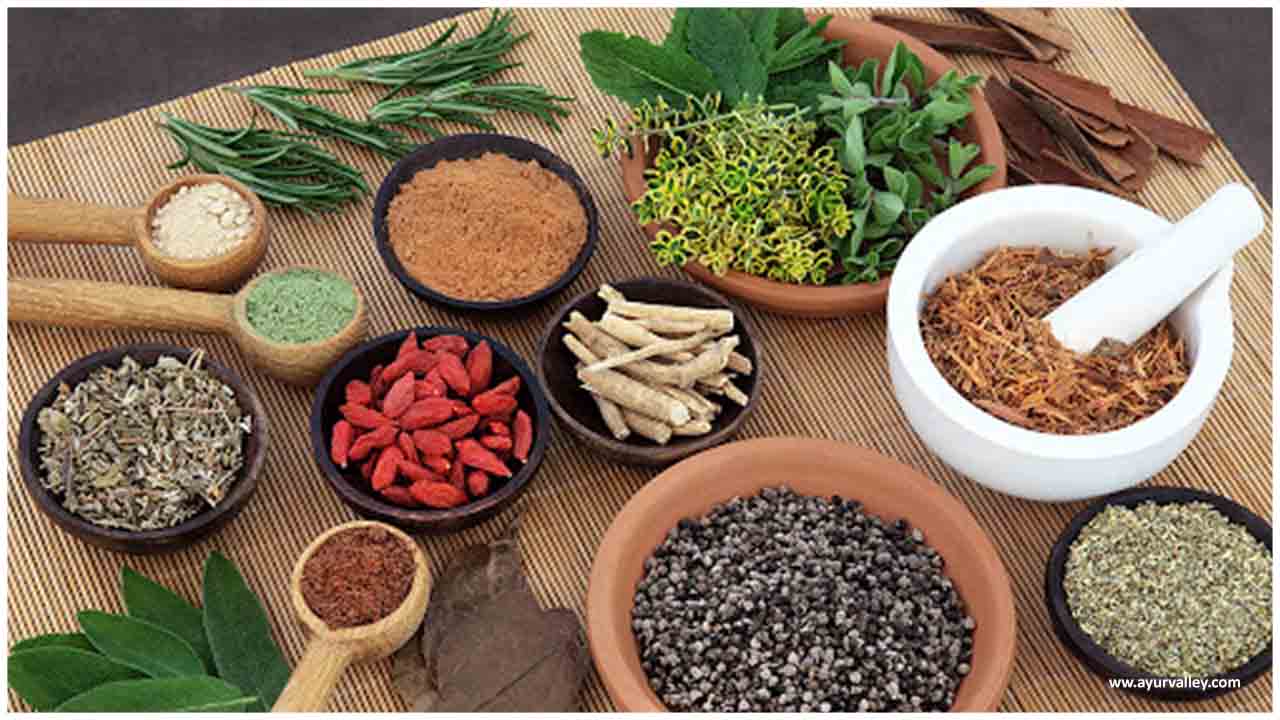The Covid-19 pandemic has brought the spotlight on the health-promotive and disease-preventive solutions of Ayush disciplines. What has not come into the limelight is the emerging nation-wide trend in the Ayush disciplines, of taking up evidence-based studies.
A study made a thorough search of the Clinical Trial Registry of India for the registered trials of COVID-19 involving Ayurveda Intervention from March 01, 2020, to June 25, 2020, without language restrictions. The number of new trials registered in Ayurveda during this period was seen to be 58.
News reports in August 2020 had revealed that out of the 203 trials registered in Clinical Trial Registry of India (CTRI), 61.5% were from Ayush disciplines. A recent study published in the ‘Journal of Research in Ayurvedic Sciences’ titled “Ayurveda Research Studies on COVID-19 Registered in CTRI: A critical appraisal” throws more light on this growing “research-culture” in Ayush disciplines.
Here is some additional insight into these CTRI registered trials involving Ayurveda and COVID-19. Of the total trial registered, approximately 70% of the trials were sponsored by the Government and various stakeholders of Ayurveda associated with the Ministry of AYUSH. These trials will provide useful information to the researchers which will help them to strategize the next course of action and also help the general public for understanding the contribution of Ayurveda in COVID-19. Once completed, the results of these promising studies will expectedly be published at the earliest so that it will be useful for the policymakers from the Ayush systems of medicines to strategize effective solutions to benefit public health initiatives. Further, in these challenging times, they will provide information for the global scientific community to know about the outcomes of Ayurveda clinical trials being conducted on COVID-19 in India. They will form a potential source of information for further collaborative studies at the national and global levels.
Out of the said 58 registered trials, 52 (89.66%) are interventional trials and 6 (10.34%) are observational trials. The majority of the trials included adult participants of both the gender as the target population. A total of 53 (91.38%) trials intend to recruit participants aged 18 years or more, and only 05 (8.62%) trials intended to recruit participants younger than 18 years.
The instant paper which is authored by researchers of the Central Council for Research in Ayurvedic Sciences, provides detailed information about Ayurveda based COVID-19 clinical trials with respect to administrative information on trial registry number and sponsorship, descriptive information on study type and length of study and study design. Further, it tracks information related to the registration date and actual study start date and information related to recruitment, and all these have been collated, presented, and analysed based on the trails’ information registered from March 01, 2020, to June 25, 2020, in the CTRI.
With an increasing number of registered trials in this field, the body of knowledge in Ayush disciplines will increasingly reflect more contemporary information. This trend of evidence-based studies in the Ayush sector holds considerable promise for the public health activities in the country out of the studies may emerge cost-effective solutions that could be deployed on a nation-wide scale.

 Approximately 70% of the trials were sponsored by the Govt and various stakeholders of Ayurveda associated with the Ministry of AYUSH
Approximately 70% of the trials were sponsored by the Govt and various stakeholders of Ayurveda associated with the Ministry of AYUSH























.jpeg)









